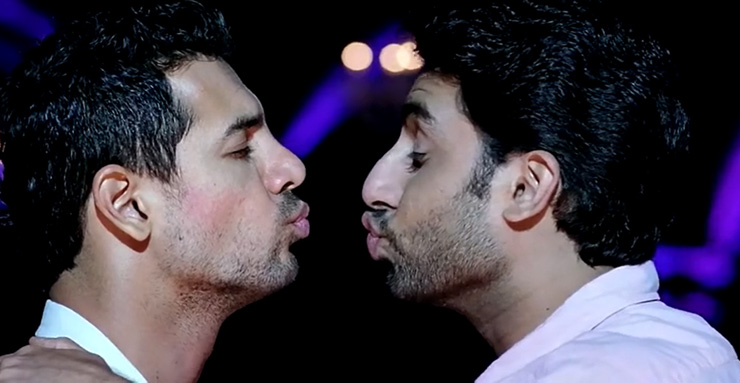In a significant development, India’s highest court, on October 17th, opted not to sanction same-sex marriage, leaving the decision to be made by the parliament. This move aligns with the stance of Prime Minister Narendra Modi’s government, which contends that the legislature is the appropriate body to address this contentious issue.
The unanimous verdict from a five-judge bench has left the substantial LGBTQ community in India disheartened, particularly coming five years after the court had invalidated a colonial-era ban on homosexual activity.
The government has yet to issue an immediate response to the court’s ruling. Notably, Modi’s nationalist Bharatiya Janata Party (BJP) administration had actively opposed petitions presented to the court, asserting that same-sex marriage does not align with the traditional Indian family structure, characterized by a husband, wife, and children.
 The court’s ruling emerged in response to over a dozen petitions submitted since the previous year. The bench, led by Chief Justice D.Y. Chandrachud, engaged in extensive arguments during the months of April and May, culminating in their verdict on Tuesday.
The court’s ruling emerged in response to over a dozen petitions submitted since the previous year. The bench, led by Chief Justice D.Y. Chandrachud, engaged in extensive arguments during the months of April and May, culminating in their verdict on Tuesday.
Chandrachud remarked on the varying degrees of consensus and dissent regarding the extent to which same-sex marriage should be recognized. Four of the five judges authored distinct judgments, underscoring the intricacy of the matter.
Chandrachud emphasized the court’s role as an interpreter rather than a creator of law. He also rejected the government’s contention that being homosexual is exclusive to urban or elite segments of society.
Must Read :Jada Pinkett and Will Smith’s Unconventional Love Story: Beyond Separation and Scandal
The court has deferred the matter to a government-suggested panel tasked with addressing the “human concerns” of same-sex couples. This panel is expected to comprise experts knowledgeable about the social, psychological, and emotional needs of individuals within the LGBTQ community. Additionally, it will explore enabling same-sex couples to access services and facilities such as joint bank accounts and pensions, which are currently inaccessible to them.

The verdict prompted shock and tears among members of the LGBTQ community, who were observed leaving the court, consoling each other. One petitioner, Uday Raj Anand, expressed disappointment, stating that he had hoped for a clearer directive from the court, even if it was a decision not to alter the law but to instruct the government accordingly.
Must Read : The Heaviest Fine ever
It’s noteworthy that Asia, in contrast to the Western world, continues to lag in acknowledging same-sex marriage, with only Taiwan and Nepal permitting it in a continent where conservative values predominantly hold sway.
Activists argue that while the 2018 ruling nullifying the ban on homosexual activity affirmed their constitutional rights, they are still deprived of legal recognition for their unions, a fundamental right enjoyed by heterosexual married couples.
